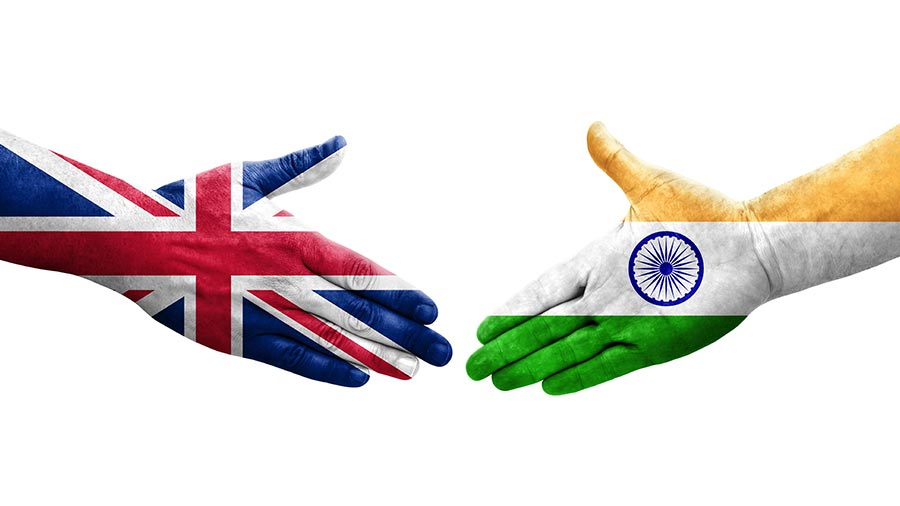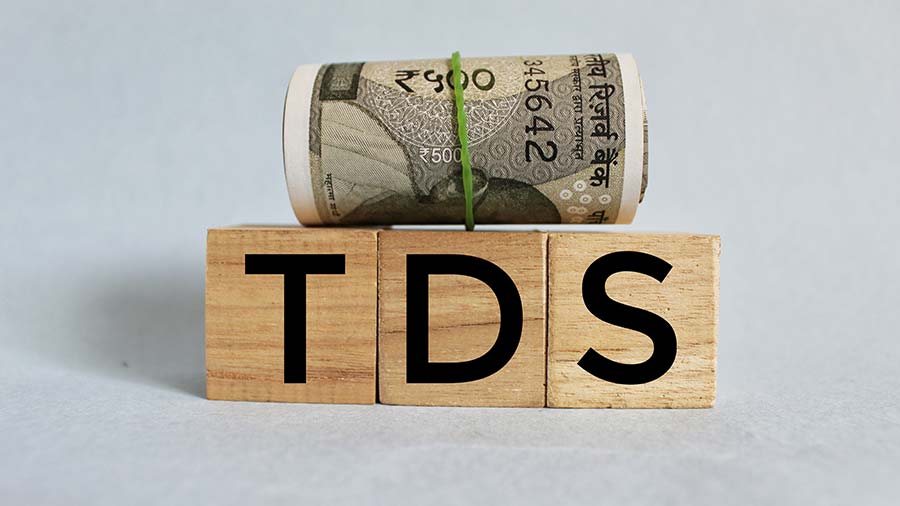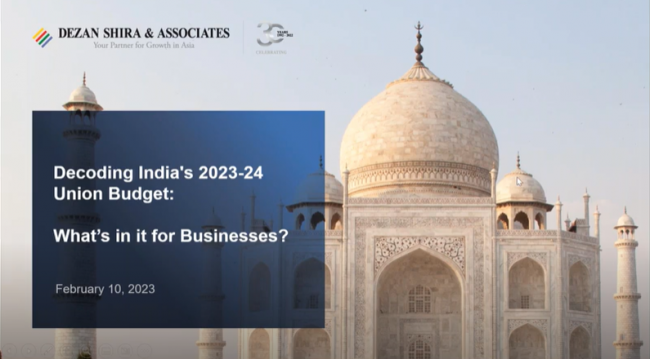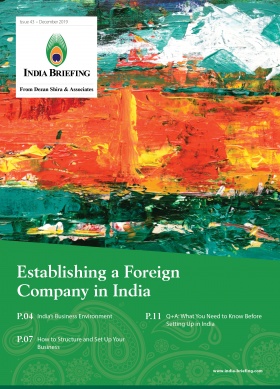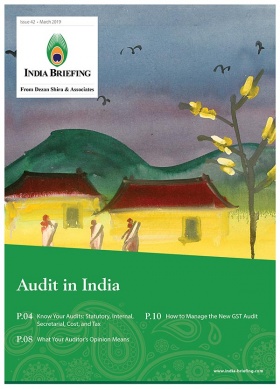India Wants to Reduce Tax Litigation with New Direct Tax Bill
- The lower house of the Indian parliament passed the Direct Tax Vivad Se Vishwas Bill.
- The bill aims to reduce tax litigation and settle ongoing tax disputes at various courts and forums.
- Taxpayers can expect several benefits through the scheme, including relief on the amount due and immunity from prosecution.
- This scheme is expected to remain open until June 30, 2020.
In a bid to reduce tax litigation and settle ongoing income and corporation tax disputes, the lower house of the Indian parliament passed the Direct Tax Vivad Se Vishwas Bill, 2020.
The bill offers a scheme to settle 483,000 direct tax related disputes worth INR 9.32 trillion (US$12.74 billion) including relief on the amount due as well as immunity from prosecution under the Income Tax Act (I-T Act). Some of the forums where direct tax related cases are stuck include the include Commissioner (Appeals), Income Tax Appellate Tribunal (ITAT), high courts, the Supreme Court, and debt recovery tribunals.
This move is in alignment with the government’s recent tax proposals, which include reduction in corporate tax rates and elimination of dividend distribution tax.
The direct tax bill will now move to the upper house of the parliament, where it is expected to pass as the current ruling party holds majority in both houses.
Taxpayers only have a limited time to utilize this scheme as it is expected to remain open until June 30, 2020.
What is included in the Direct Tax Bill?
Taxpayers who are willing to settle disputes will be given a complete waiver of interest and penalty, provided they pay the entire tax amount in dispute by March 31. The taxpayers can also opt to pay by June 30 by paying 10 percent more on the tax amount in dispute.
In case the tax dispute is either over penalty, interest or fee, then the settlement amount payable is 25 percent of the dues, if paid before March 31. Taxpayers can choose to pay in the second quarter, but the payable amount will be 30 percent of the dues.
However, the situation becomes favorable for the taxpayers if the income tax department has filed an appeal or lost a case. In this case, taxpayers will only have to pay half of the disputed tax amount. For search cases (the cases where the income tax department conducted raids under their search and survey operations), 62.5 percent of the disputed tax amount will be payable, but the interest and penalty fee will be waived off. In case the tax dispute is over penalty or interest, then only 12.5 percent of the due amount is payable. These conditions are only applicable until March 31.
However, according to Central Board of Direct Taxes (CBDT) disputes related to wealth tax, securities transaction tax (STT), commodity transaction tax (CTT) and tax on online advertisements levied by the income tax department will not be covered under the scheme. It will also not cover the disputes pending before the Authority of Advance Ruling (AAR).
However, the taxpayers can take advantage of the scheme if they have tax deducted at source (TDS) and tax collected at source (TCS) disputes pending in appeal. Taxpayers can also seek refunds if the settlement amount is less than the amount already paid by the taxpayer before availing the scheme.
Further, the taxpayers must be willing to settle all the tax issues to be eligible for the scheme.
It is best that companies seek professional advice from a financial and tax advisor to understand the impact of the new direct tax bill on their business.
(This article was first published on March 5, 2020 and was last updated on March 6, 2020 to include the latest developments)
India Briefing is produced by Dezan Shira & Associates. The firm assists foreign investors throughout Asia from offices across the world, including in Delhi and Mumbai. Readers may write to india@dezshira.com for business support in India.
- Previous Article Foreign Single Brand Retailers in India Can Source from SEZs to Satisfy FDI Requirements
- Next Article Procedures for US Businesses to Establish a Liaison Office in India
